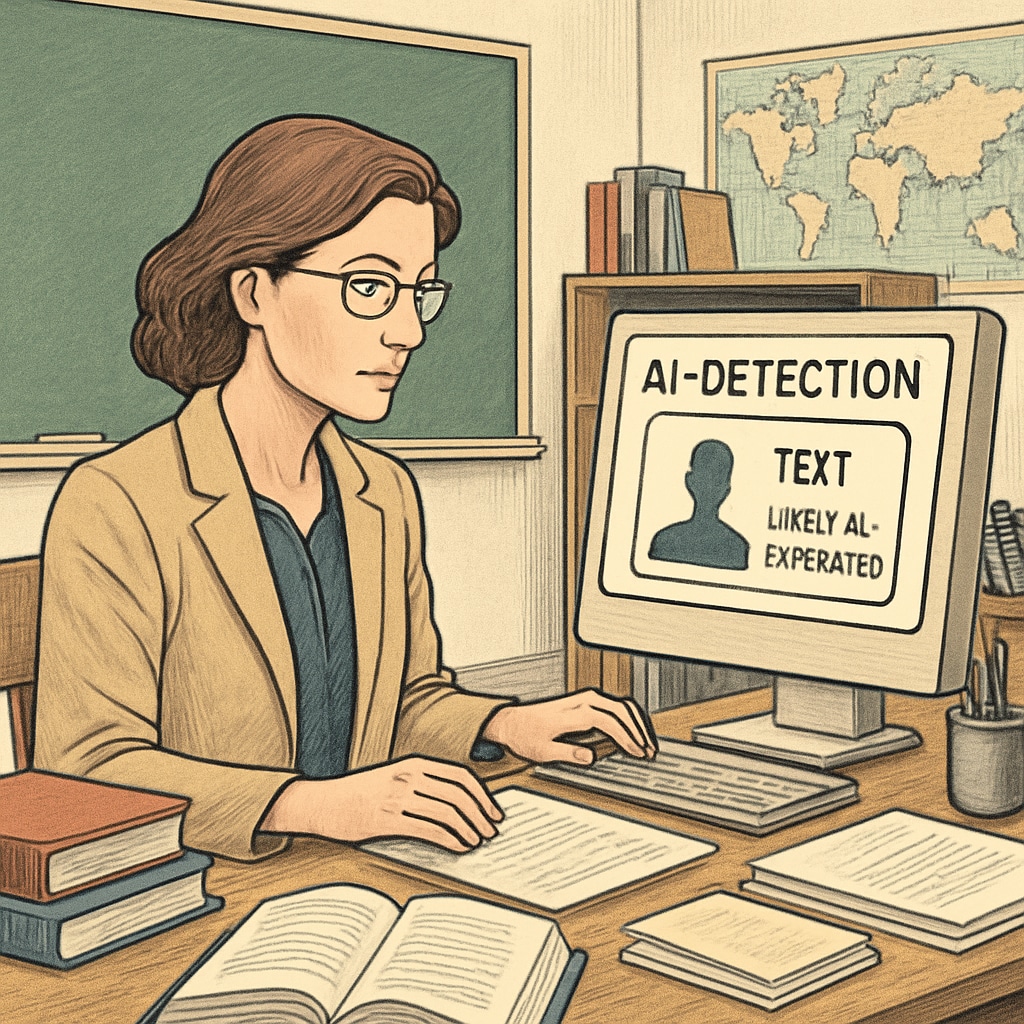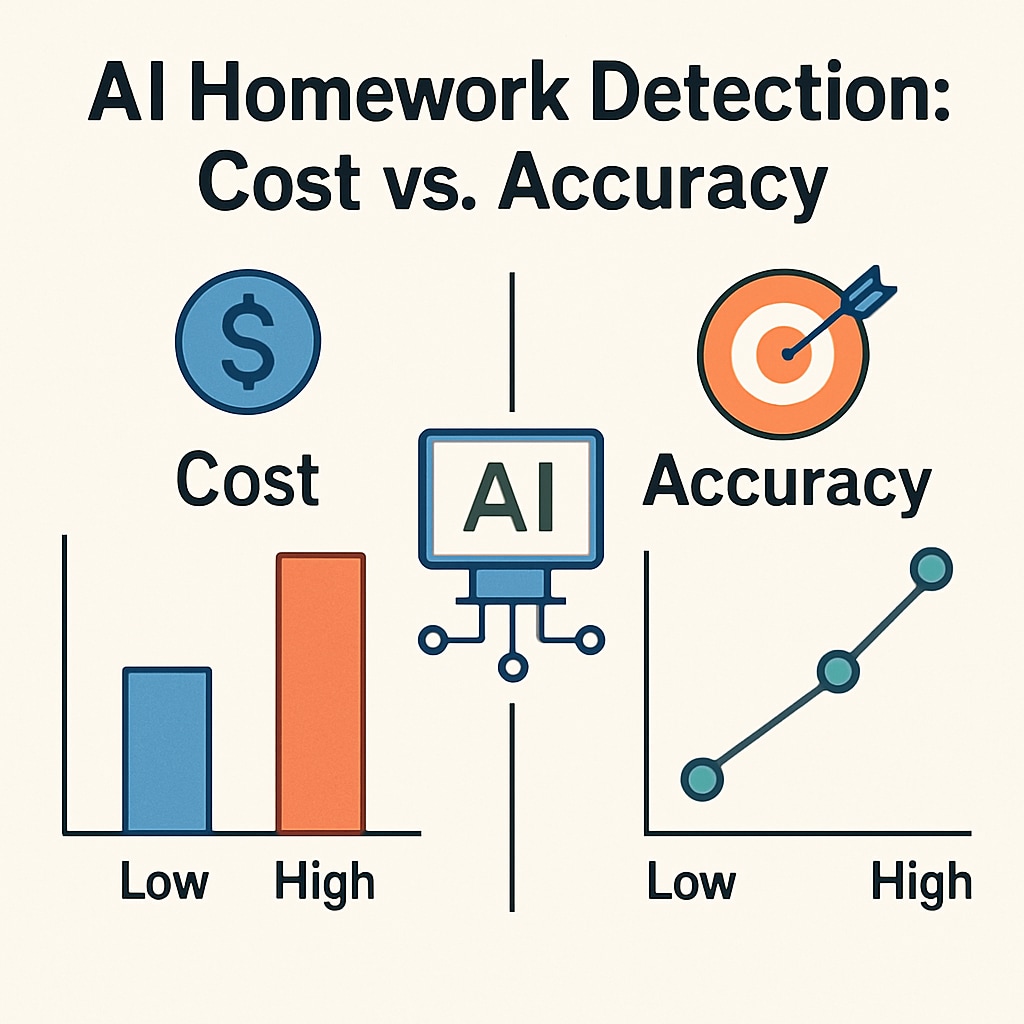The increasing availability of AI tools in classrooms has introduced new opportunities but also significant challenges, particularly in ensuring academic integrity. The use of AI for completing homework assignments has raised concerns about fairness, ethical learning practices, and the financial burden of implementing AI homework detection systems. As K12 education evolves, schools must navigate these ethical and regulatory complexities while fostering a responsible approach to AI use.
Ethical Implications of AI in Academic Integrity
The integration of AI tools in education has reshaped how students approach learning tasks. Tools like AI writing assistants and problem-solving apps can provide quick solutions to assignments, but they risk undermining the value of independent learning and academic honesty. For example, when students rely excessively on AI, they may fail to develop critical thinking skills, which are essential for long-term success.
Additionally, the blurred line between legitimate AI-assisted learning and outright plagiarism complicates the enforcement of academic integrity. Teachers and administrators often struggle to distinguish between AI-generated work and genuine student efforts, raising questions about fairness in evaluations.

Challenges in Implementing AI Homework Detection
To address these concerns, many schools are turning to AI homework detection tools. These systems can identify patterns of AI-generated text or problem-solving, but their implementation is not without hurdles:
- Accuracy: Current AI detection tools are not foolproof and may flag legitimate student work as AI-generated, leading to mistrust and disputes.
- Cost: Advanced AI detection systems require significant financial investment, which can strain the budgets of schools, particularly in underfunded districts.
- Privacy: The use of AI to monitor student work raises privacy concerns. Schools must ensure that data collection complies with regulations like GDPR or COPPA.
Moreover, over-reliance on detection systems could create a punitive environment rather than one that encourages ethical learning practices. Instead of solely focusing on identification and punishment, schools should aim to educate students about the responsible use of AI.

Balancing Technology Costs and Ethical Learning
Striking a balance between maintaining academic integrity and managing education technology costs requires a thoughtful approach. Schools can consider the following strategies:
- Promoting AI Literacy: Teach students how to use AI tools responsibly to enhance learning rather than replace genuine effort.
- Transparent Policies: Clearly outline acceptable AI use in schoolwork and involve students in discussions about academic ethics.
- Affordable Solutions: Explore cost-effective or open-source AI detection tools to reduce financial burdens while maintaining oversight.
- Professional Development: Provide training for educators to understand AI capabilities and limitations, enabling them to guide students effectively.
By adopting these strategies, schools can foster an environment where technology supports education without compromising ethical standards.
Building a Responsible AI Education Ecosystem
Beyond individual schools, a broader effort is needed to create a responsible AI education ecosystem. Collaboration between policymakers, educators, and technology developers is essential. Policymakers should establish clear regulations that address ethical concerns, while developers can design AI tools with built-in safeguards against misuse.
In addition, international organizations and academic institutions can play a role by sharing best practices and research on AI in education. For example, initiatives like UNESCO’s guidelines on AI ethics provide valuable frameworks for addressing these challenges (UNESCO’s AI Ethics Framework).
Ultimately, the goal is not to eliminate AI from education but to ensure it is used in a way that aligns with the principles of fairness, transparency, and academic integrity.
Conclusion: As K12 education continues to integrate AI, the ethical and regulatory challenges surrounding academic integrity and education technology costs cannot be ignored. By promoting responsible AI use, implementing fair detection systems, and fostering cooperation among stakeholders, schools can navigate these challenges effectively. The focus should remain on empowering students to learn and grow ethically in an AI-driven world.


